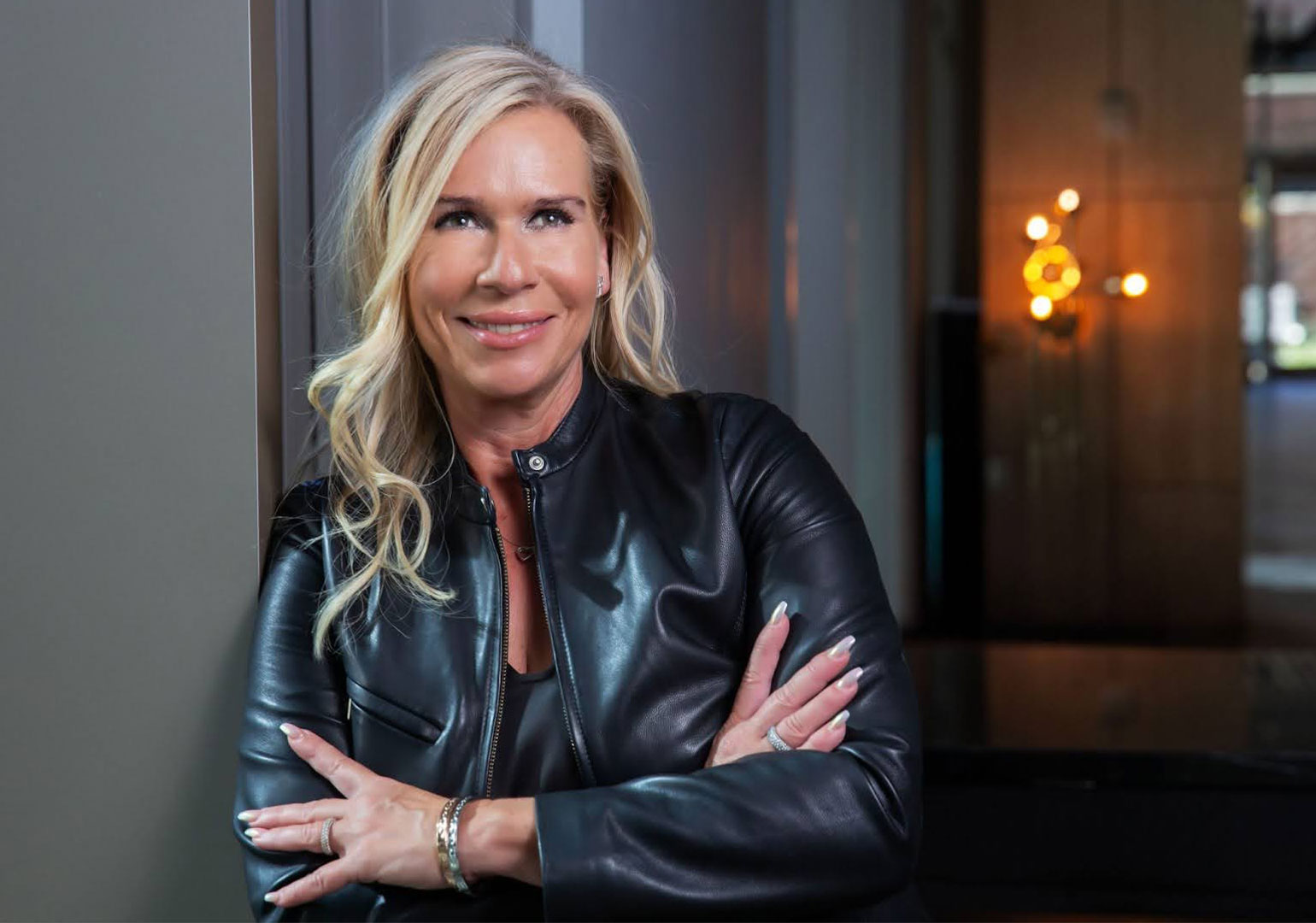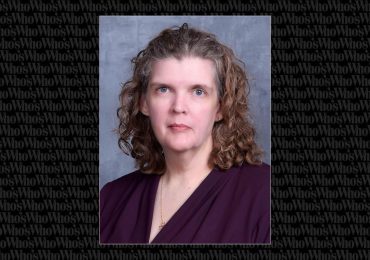Photo Courtesy of: Jeanette Fritsch
In boardrooms, behind Zoom screens, and across high-stakes industries, something subtle yet profound is happening: professionals in their 40s and 50s are noticing a quiet erosion of energy, clarity, and resilience. What many dismiss as “midlife burnout” or aging is increasingly being understood as something far more specific—a biochemical shift in hormonal health that impacts performance, cognition, and physical vitality.
This is the frontier where Jeanette Fritsch operates—not in vague wellness philosophies, but in science-based performance health. As the founder of Adorable Life LLC and creator of the SRB&B® method (Stop, Reset, Build & Balance), Fritsch is pioneering a new paradigm in how individuals and organizations understand midlife. Her work doesn’t just aim to help people feel better—it’s designed to help them perform better.
The Biochemistry Behind Midlife Performance Decline
In western countries, more than 55% of professionals aged 40 to 60 report measurable declines in energy, memory, and focus. These shifts often manifest as decreased productivity, increased stress, and poor sleep quality—yet they rarely get linked to hormonal changes. Instead, they’re misdiagnosed as fatigue or managed with surface-level coaching strategies.
“Most performance coaching overlooks the engine that powers performance—your hormonal and biochemical systems,” Fritsch explains. “You can’t outthink a system that’s physiologically depleted.”
Fritsch’s SRB&B® method is the result of over 14 years of research in epigenetics, neuro-bio-science, and hormonal health. Her method addresses how hormone regulation—particularly in midlife—directly influences executive function, emotional resilience, and body composition. Unlike quick-fix approaches or one-dimensional therapies, SRB&B® is structured as a hormonal health optimization program rooted in evidence-based protocols.
From Corporate Strategy to Cellular Science
Fritsch didn’t start in health. She built her early career in corporate leadership, holding executive roles such as European Lead Buyer, Chief Sales Officer, and Board Member in the packaging and food sectors. But at 50, after experiencing the physiological impacts of early menopause—and being offered little more than hormone replacement or antidepressants—she chose to pivot.
“I was expected to push through fatigue, poor sleep, and mental fog—without any real understanding of what my body was going through,” she recalls. That frustration sparked a global research journey, culminating in a method that blends hormonal science, gut-brain biology, and lifestyle intervention into a cohesive framework for individual performance aging.
Today, Fritsch’s company serves over 4,500 clients, including executives, medical professionals, and HR leaders. Her work is especially resonant among women 40+, but increasingly includes male performance health programs tailored to andropause-related challenges.
A Platform for Resilience—At Home and at Work
Adorable Life LLC delivers its science-driven solutions across three key verticals:
- Individual Performance Aging Programs – A structured online system for women 40+ to address metabolic imbalance, restore hormonal harmony, and rebuild energy, sleep, and physical shape—without the use of extreme diets, synthetic hormones, or antidepressants.
- SRB&B® Certification Academy – A professional development track for health coaches, therapists, trainers, and medical practitioners who want to deliver science-based resilience coaching grounded in hormonal literacy and epigenetic protocols.
- Corporate Performance Health Solutions – A rapidly growing B2B division offering companies the ability to license SRB&B® as an organizational resilience strategy, helping highly-valued employees over 40 maintain focus, output, and endurance.
The Coaching Industry Reimagined
The global coaching industry is expected to surpass $7.3 billion in 2025, driven largely by demand for personal transformation and performance enhancement. But Fritsch argues the sector needs a course correction.
“Most coaching is mentally oriented—mindset, motivation, executive presence,” she says. “But without biochemical support, those tools hit a ceiling. We’re introducing a physiological layer that’s been missing.”
Her programs go far beyond motivational slogans. Clients undergo assessments to evaluate gut health, adrenal function, sleep quality, and hormonal markers—then receive protocols aligned with their current physiological state. The emphasis is on sustainable transformation rooted in biochemical precision, not just behavioral change.
Her upcoming mobile app aims to make this personalized approach scalable, bringing hormonal performance health to users worldwide through adaptive content.
A Global Network for Hormonal Literacy
Fritsch is also planting seeds for a broader movement: a global network of SRB&B®-certified professionals who can deliver midlife performance strategies across clinical, coaching, and corporate settings. This network will form the foundation of what she calls the world’s first science-based health education platform for life after 40.
Her method is being used not only by clients, but by doctors and naturopaths who are, in her words, “finally seeing that performance decline is not psychological—it’s biochemical.”
Backed by countless success stories—ranging from lasting weight loss and hormonal stability to recovery from Hashimoto’s, fatigue, and gut disorders—Fritsch’s work is rapidly gaining traction. It’s not therapy. It’s not fitness. It’s scientific recalibration for real-world results.
Aging Populations, Aging Workforces
This shift is happening at a critical time. In many developed nations, populations are aging rapidly, while retirement ages rise and younger talent pipelines shrink. In places like Japan and Germany, older professionals make up a significant portion of the skilled labor force—but few companies have strategies in place to sustain their energy and cognitive sharpness.
Fritsch sees this as both a challenge and an opportunity. “We don’t need to push people out of roles when they hit 50,” she says. “We need to support them with the science that keeps them effective, clear-headed, and energized.”
Her work advocates for a new human capital model, one that doesn’t see aging as decline but as a chance to refine performance with biological precision.
The Takeaway
Jeanette Fritsch is part of a growing global cohort redefining what midlife looks like—and what it can feel like. Her approach is not just compassionate or empowering. It is scientific, structured, and scalable.
In a culture eager to optimize everything—our schedules, our apps, our careers—she reminds us that the foundation of all performance is physiology. And if we want to remain sharp, resilient, and ambitious into our 50s, 60s, and beyond, it’s time we take the science of hormonal health as seriously as we do our resumes.
You don’t burn out because you’re broken. You burn out because your body is broadcasting a signal—and no one taught you how to read it.
Now, Jeanette Fritsch is making sure you can.
















